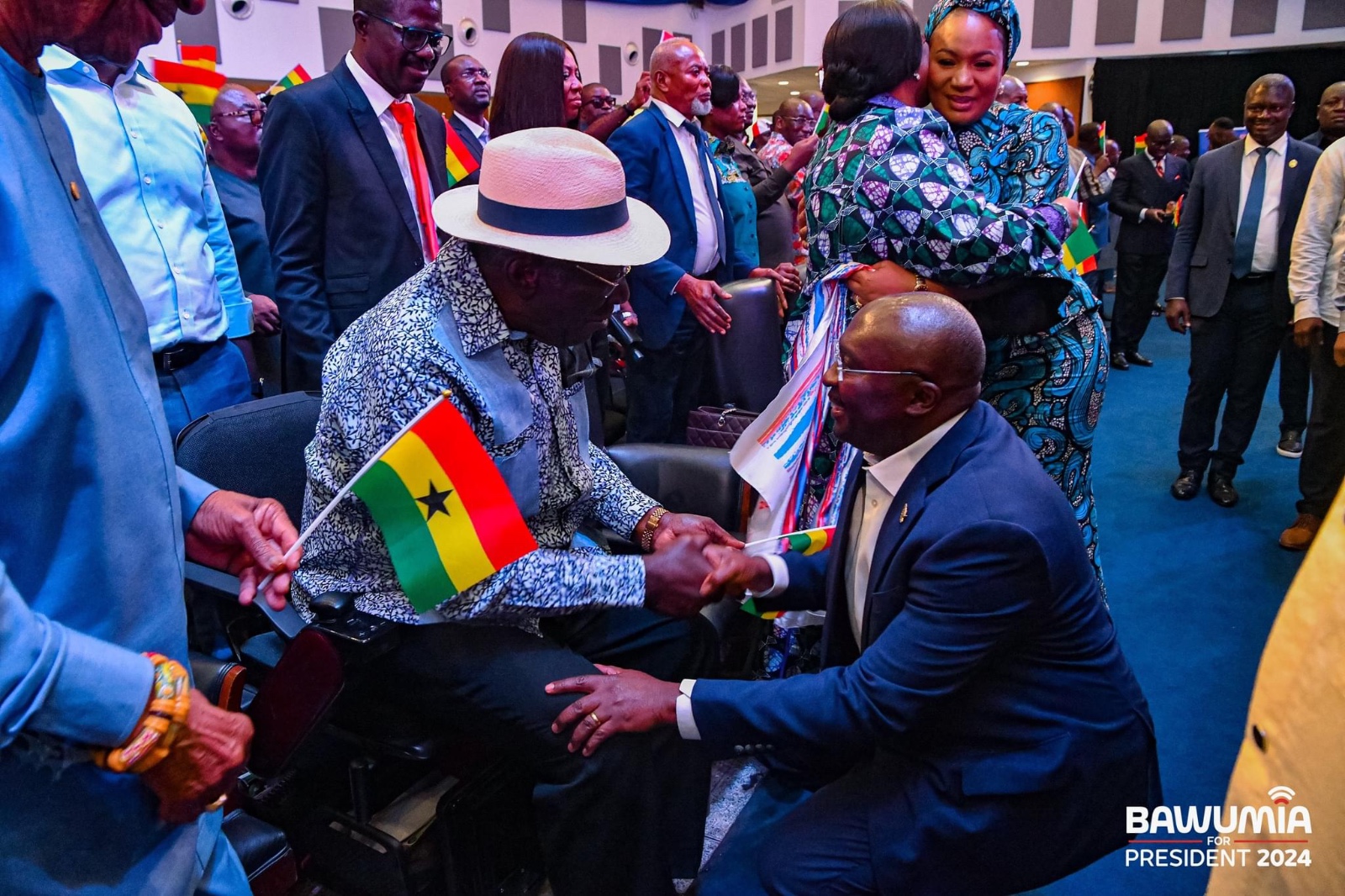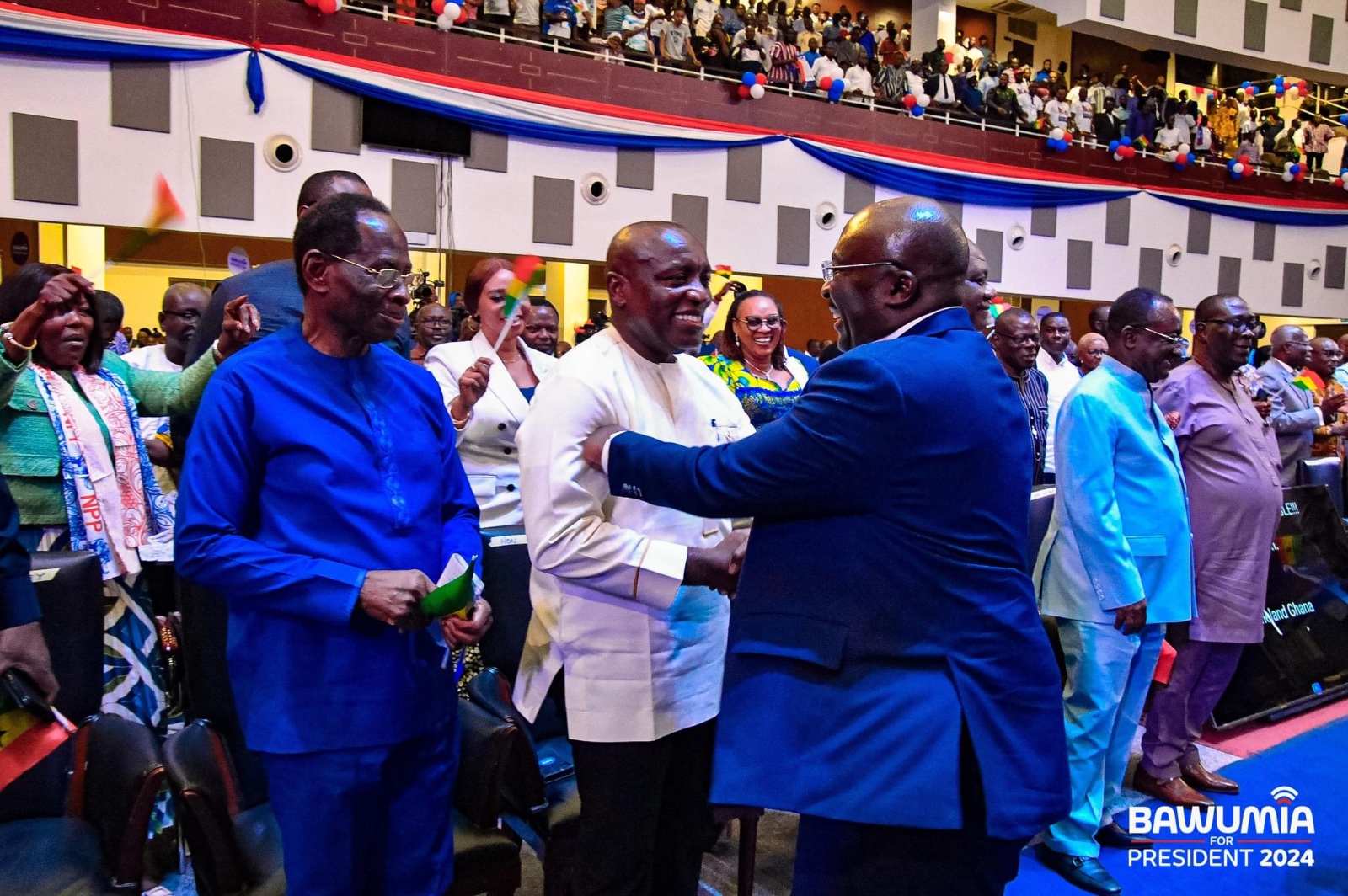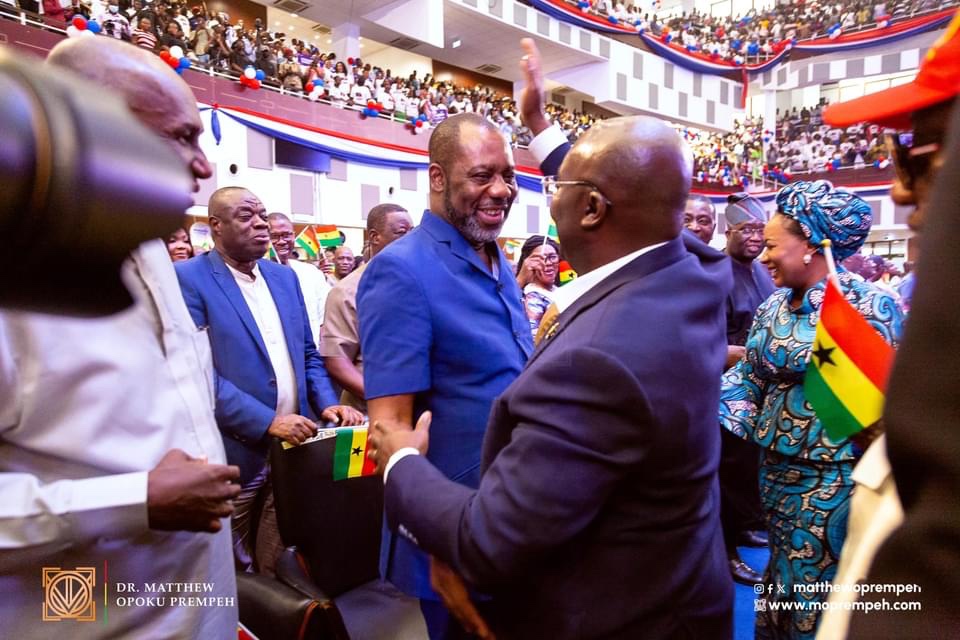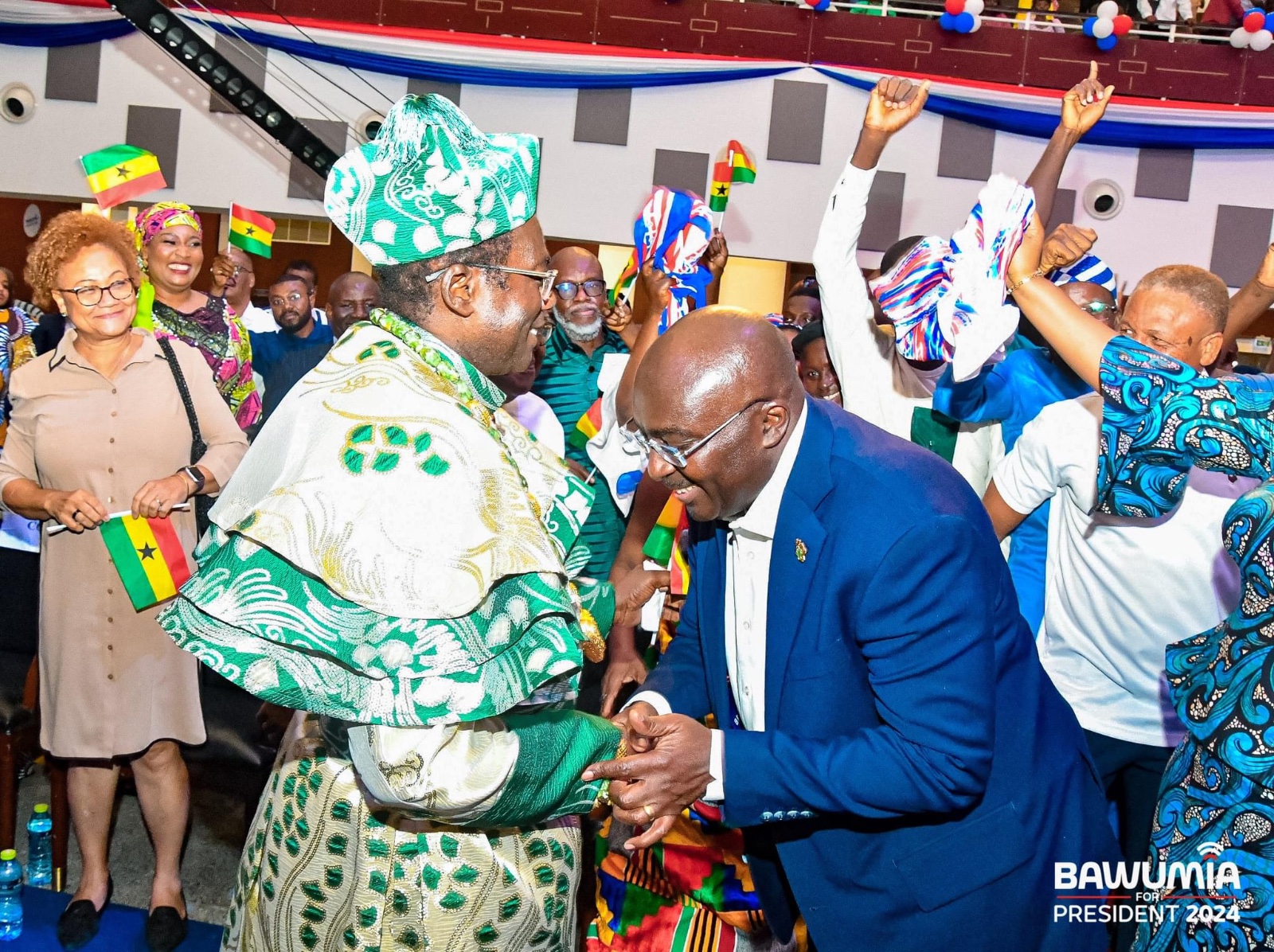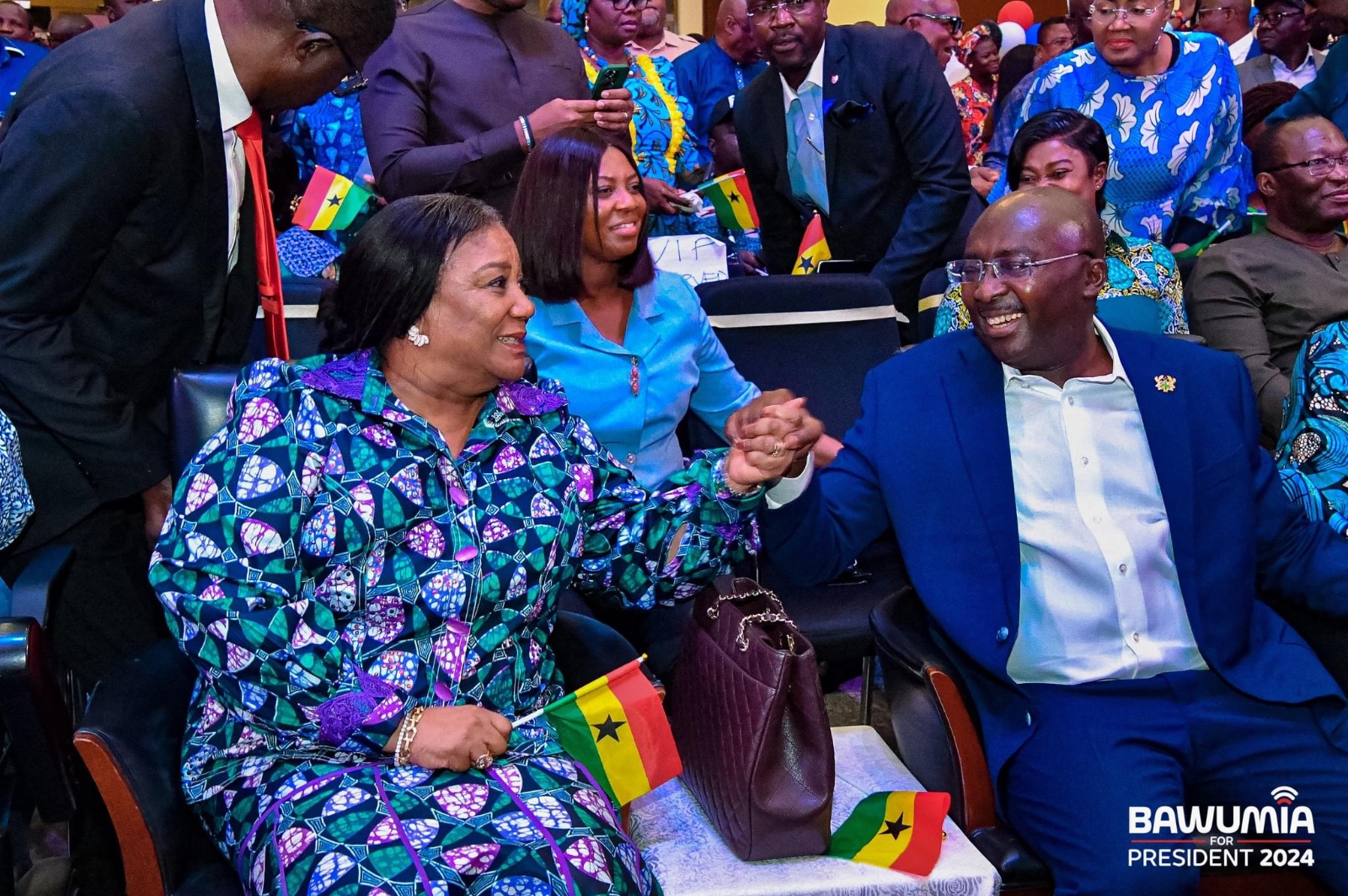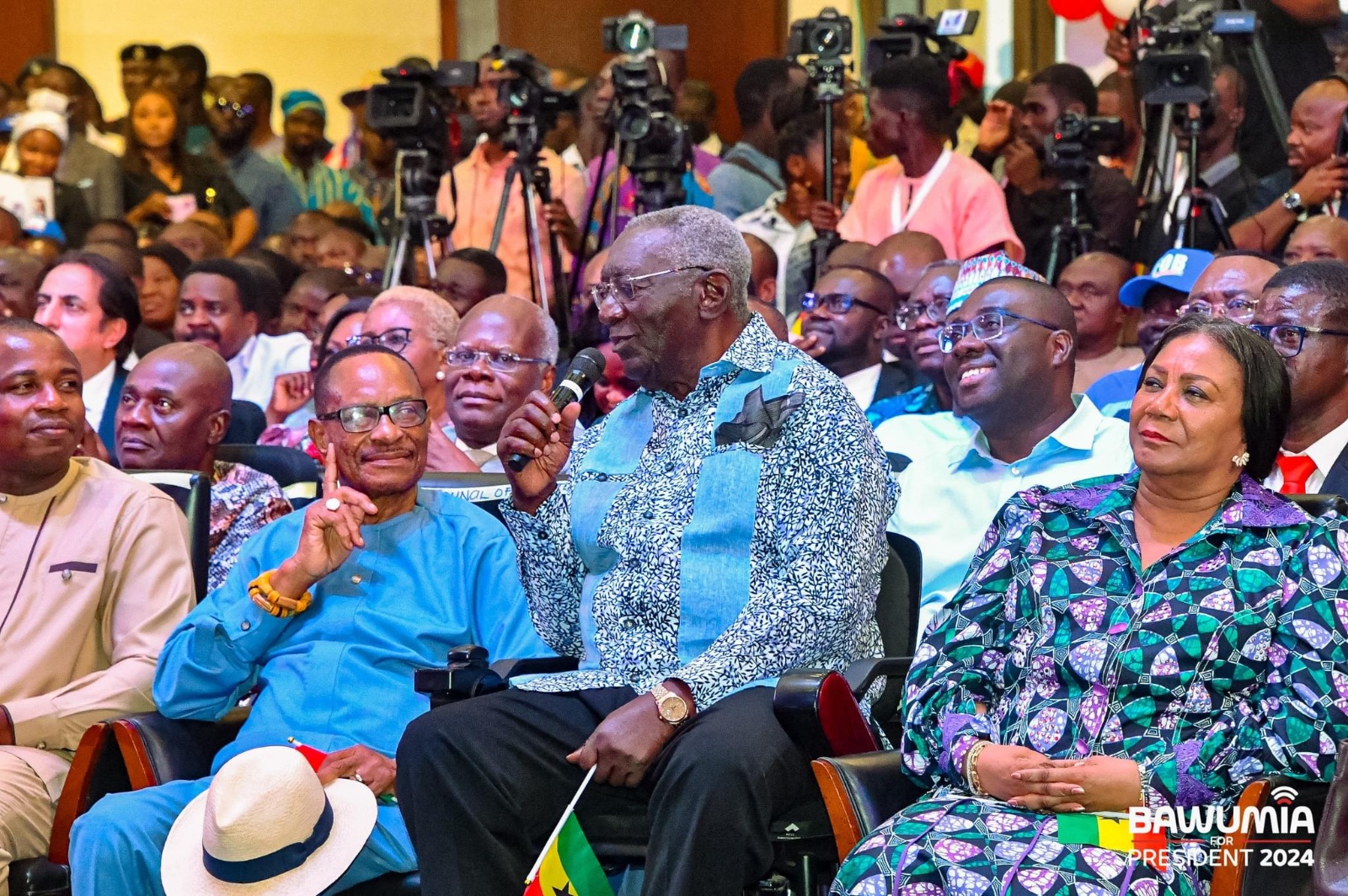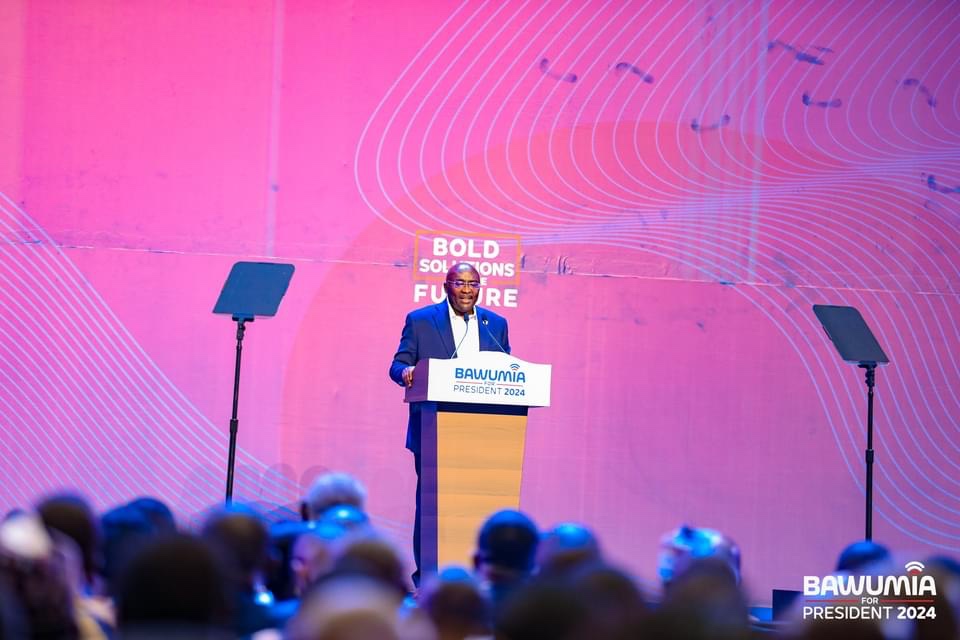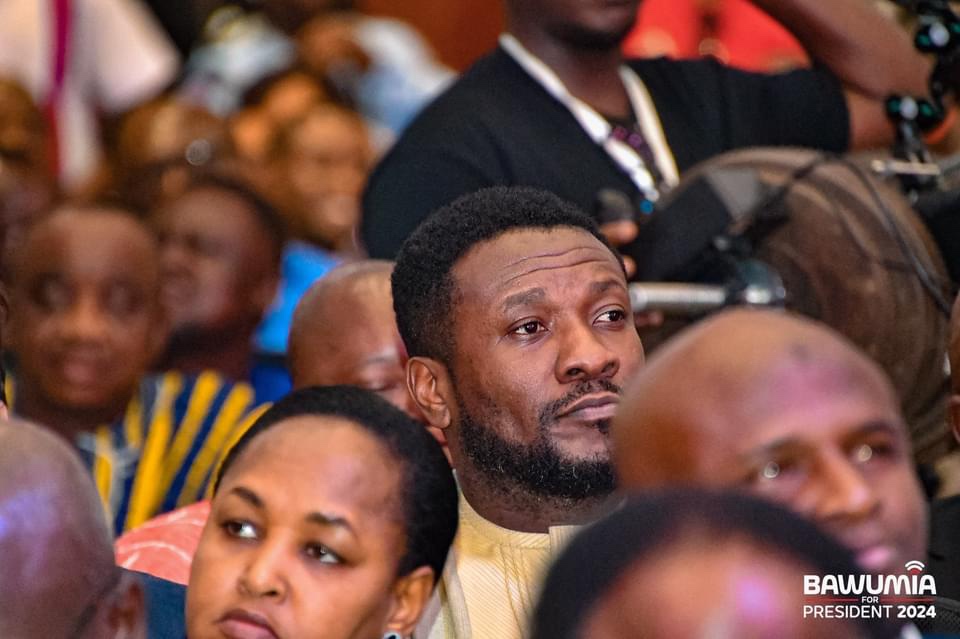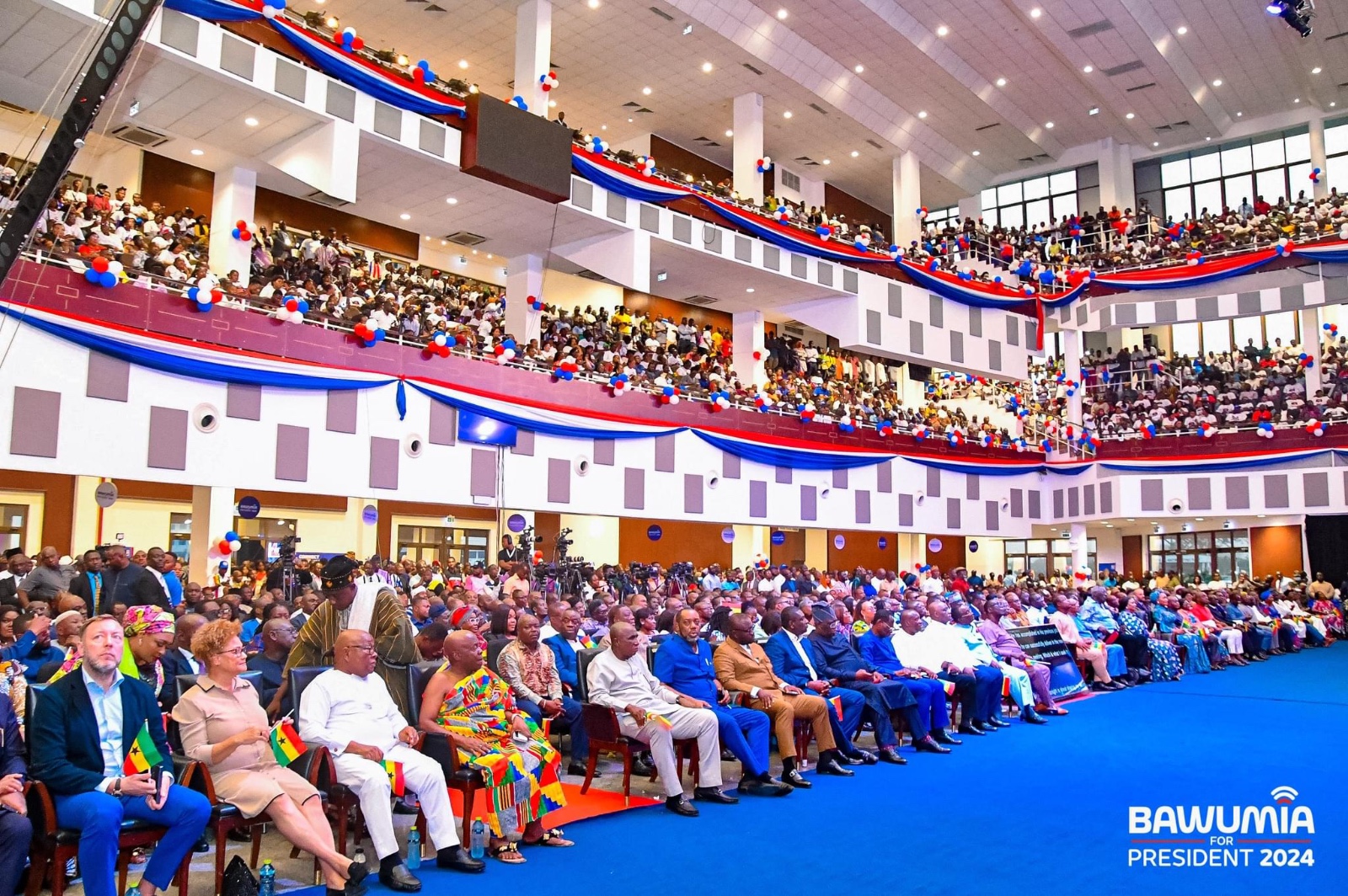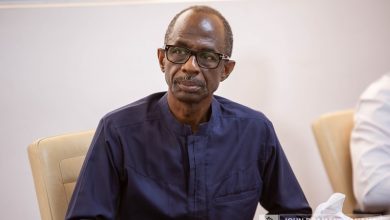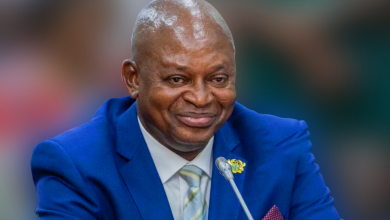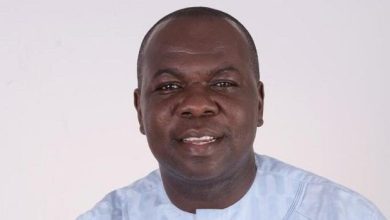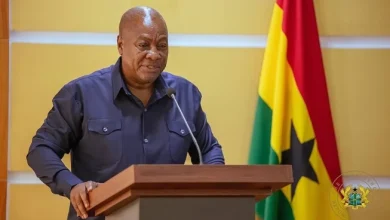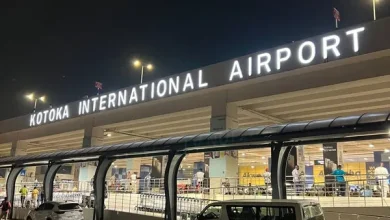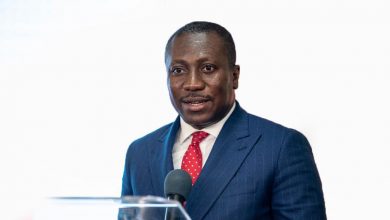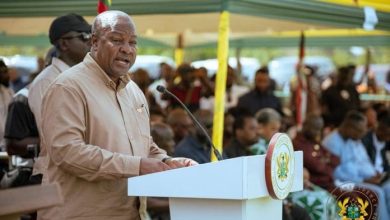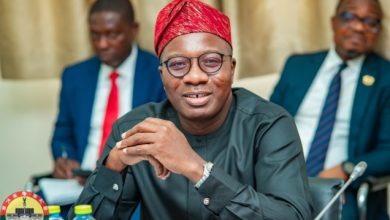Gold for Oil programme makes strides; $1.06b gold purchases made for petroleum imports
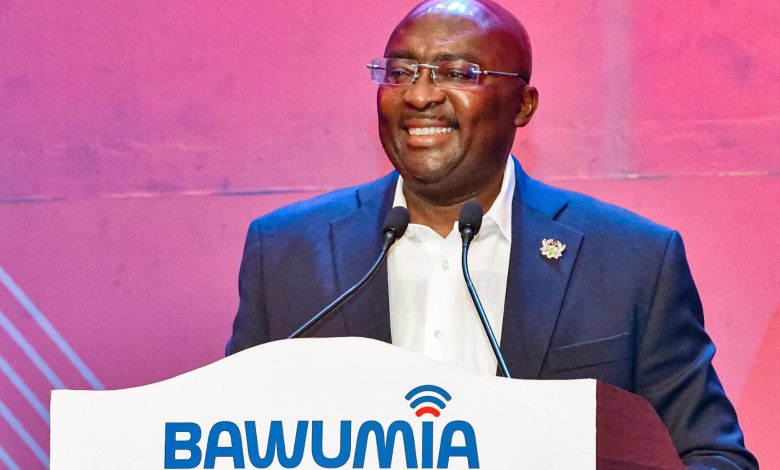
The Gold for Oil programme which started in late December, 2022, has led to the purchase of 16 tonnes of gold ($1.06 billion) which has been available for the importation of petroleum products.
The Vice President and flagbearer of the NPP in this year’s elections, Dr Mahamudu Bawumia, who made this known in a national address on Wednesday, January 7, 2024, said together with the Gold for Reserves programme, the twin initiatives have unlocked $2.79 billion to meet external payments of the country in just over a year.
In the address delivered at the Kofi Ohene Konadu Auditorium of the University of Professional Studies, Accra (UPSA), Dr Bawumia said, “What is clear to me is that if we had started implementing these policies say 20 years ago, Ghana would be in a very different situation today.”
He indicated that the two policies helped to rescue the economy from catastrophe in the recent economic crisis.
“The two policies have allowed the country to build foreign exchange reserves, pay for critical imports like fuel, and stabilize the exchange rate. It is important to note that the $2.79 billion unlocked is almost equivalent to the $3 billion loan we have obtained from the International Monetary Fund ( IMF) to be disbursed over three years.”
The Policies
The Gold for Reserves programme is an initiative where the Bank of Ghana boosts its foreign exchange reserves by buying locally produced gold with cedis.
On the other hand, the Gold for Oil programme allows the payment for oil imports with gold.
Progress
Giving further details , Dr Bawumia said the Bank of Ghana has purchased 26 tonnes of gold ($1.73 billion) since the inception of the domestic gold purchase programme under its gold for reserves policy.
The NPP flagbearer stated, “Before this programme , the total gold reserves of Ghana since independence was 8.7 tons. This compares to 3,352 tons for Germany, 2,814 tons for the IMF, 2,451 tons for Italy, and 8,133 tons for the United States. “It did not make sense to me that Ghana, the largest gold producer in Africa, will have some of the lowest holdings of gold reserves so I proposed to the Bank of Ghana to start a Gold Purchase Programme.”
Enough Gold
Dr Bawumia emphasized that given the large amount of gold reserves Ghana has, the domestic purchases made is just the tip of the iceberg. “Ghana has seven large gold belts stretching from Axim and Winneba to Nangodi and Lawra. According to the Geological Survey Department, the belts cover an area of 43,000 square kilometres, with about 50% (21,000 km) not explored yet. The conservative estimate is that the potential quantum of gold in these unexplored belts is around 5 billion ounces. This has a market value today of $10 trillion dollars,” he posited.
Bawumia Government
On what he intends doing if he wins the election, Dr Bawumia said , “My government will engage exploration experts from the universities and geological institutions to assist in exploring our seven gold belts. However, even if only 5% of this 5 billion ounce estimate materializes, it will be a game changer for Ghana.”
Furthermore , he said his government will provide the Geological Survey Department and the universities with resources annually to undertake the mapping of areas where there are gold reserves. “As a matter of policy, we will legislate that concessions in these areas with proven reserves will be 100% Ghanaian owned since with proven gold reserves, we can easily raise the capital required and hire the expertise. Our policy will be to build Ghana’s gold reserves appreciably to reach a point when we have sufficient gold reserves to keep our external payments position sustainably strong. This, along with a supportive fiscal discipline, will provide long-term stability for the exchange rate of the cedi and at the same time reduce our dependence on the Eurobond markets,” he added.
